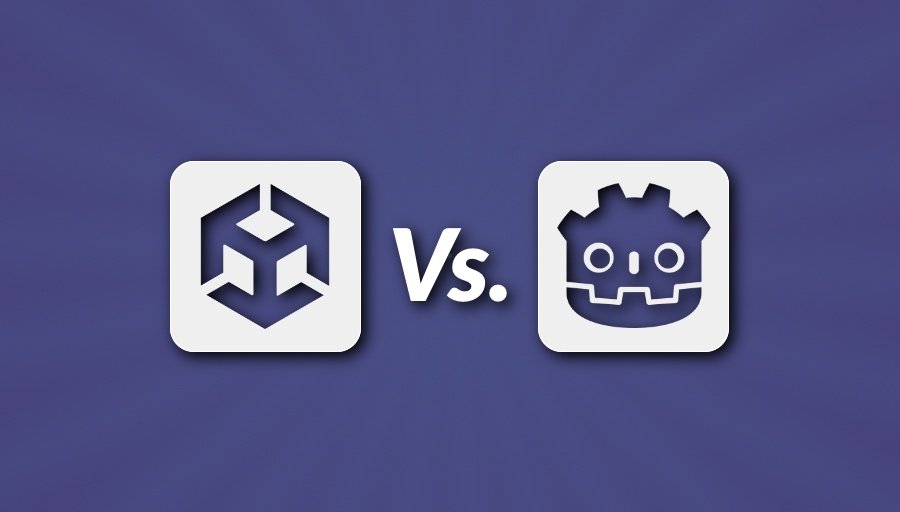Bye Bye Unity
 Nupur Munda
Nupur Munda
In the ever-evolving world of game development, the tools we use can greatly impact our projects. One of the significant factors in this decision-making process is the cost, especially for indie developers. Recently, I found myself contemplating a change due to Unity's per-install fees, and today, I want to share my journey and reasons for switching to the Godot engine.
Understanding the Unity Per-Install Fees: Like many developers, I was initially bewildered by Unity's pricing structure. The concept of per-install fees was daunting, especially for someone like me who is not well-versed in financial intricacies. What I gathered was that, after a certain download threshold, Unity would charge a substantial 20% of profits, and this was before tax deductions. This left me with a dilemma: stick with Unity and potentially incur these fees, or explore other game engines.
Joining the Community: In moments of uncertainty, it's reassuring to know that you're not alone. As I dug deeper into this issue, I discovered that a growing number of developers and the game development community were also considering alternatives to Unity. This shared concern prompted me to delve further into my options.
The Godot Engine: A Promising Choice: Considering my limited experience and to follow the crowd, I began researching alternative game engines. It didn't take long for the Godot engine to catch my attention. Here's why:
Open Source and Community Support: Godot is renowned for being an open-source engine with a thriving community. This means that not only is it free to use, but there's a wealth of tutorials, resources, and fellow developers ready to assist.
Cost-Effective: Godot's licensing model is more straightforward, making it financially appealing, especially for indie developers with tight budgets. No unexpected fees tied to download thresholds.
Ease of Use: Godot offers a user-friendly interface and an intuitive scripting language, GDScript, which makes it accessible for developers of all levels, including beginners like me.
Cross-Platform Compatibility: Like Unity, Godot allows you to export your games to various platforms, ensuring flexibility in your game's distribution.
Embracing Change: With my newfound knowledge and these compelling reasons, I decided to take the leap and redevelop my game using the Godot engine. The transition may present its own challenges, but I am excited about the possibilities it offers.
Conclusion: In the dynamic world of game development, it's essential to adapt and make informed decisions. My journey from Unity to Godot is not just about saving on costs; it's also about embracing a new opportunity for learning and growth. If you, too, are facing similar concerns with your current game engine, I encourage you to explore alternatives that align with your goals. For now, it's farewell to Unity, and here's to a promising new adventure with Godot!
Subscribe to my newsletter
Read articles from Nupur Munda directly inside your inbox. Subscribe to the newsletter, and don't miss out.
Written by

Nupur Munda
Nupur Munda
👩💻 Hi there, I'm Nupur! By day, I'm a passionate software engineer, crafting solutions in the tech world. But when the sun sets and the code takes a break, you'll find me in my own digital realm as an indie game developer 🎮. 🕹️ I'm all about bringing pixelated dreams to life and creating immersive gaming experiences. From coding to pixel art, I dive into every aspect of game development in my free time. Join me on this epic journey as I share my insights, stories, and maybe a few lines of code. Let's level up together!